(ECNS) -- Chinese science-fiction writer Liu Cixin said on Thursday that if artificial intelligence (AI) could really replace writers and provide readers with better literary works, it's not necessarily a bad thing.
“I have no choice but to go with the flow, rather than resisting it," Liu said while interviewed byChina News Service during an online event of the United Nations Chinese Language Day in Taiyuan city, Shanxi Province.
After the huge success of "The Wandering Earth" and "The Three-Body Problem", the film and television adaptations of his novels, Liu said he wants to "take a break."
He said he found it difficult to determine new writing themes and only wants to write content that is different from his previous works like "The Three-Body Problem."
He admitted that he had encountered writer's block and was "currently working hard to overcome it."
ChatGPT has once again sparked widespread attention toAI, causinga mix of anxiety and delight.
Liu said that public anxiety about AI on employment "is understandable," and " may be the eve of a revolutionary change."
In response to questions raised by netizens whether AI would eliminate humanity, Liu stated that based on current trends and levels of technological development, it is unlikely that AI will completely eradicate humanity or rule the world in the visible future.
"If humanity hands over the power to operate society to artificial intelligence, chooses to live in the comfort of technology, and loses its vitality and exploratory spirit, then humanity will ultimately be eradicated by artificial intelligence," Liu said, and this form of "eradication" is cause for concern.
Still, Liu has some anxieties about AI.
"Nowadays, you can still tell which novels are written by ChatGPT and which by humans if you carefully observe it. But once ChatGPT-5 is born, I don't know if humans can still tell the difference," Liu said.
AI is likely to first replace writers, and "perhaps the highest honor for our generation of writers is that novels are all written by humans," he added.
In an era of rapid development of information technology, Liu believes that "it is becoming increasingly difficult to write science fiction novels that are not based on literary expression, but rather rely on writers’ creativity on fictive world-building."











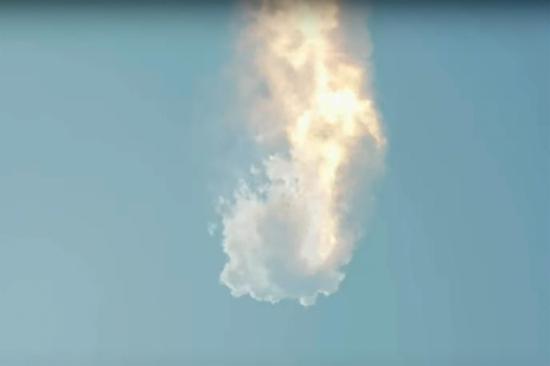
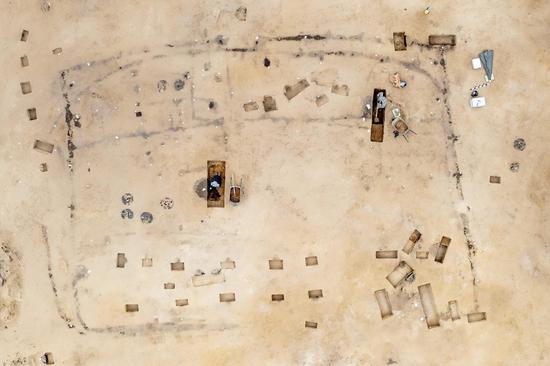

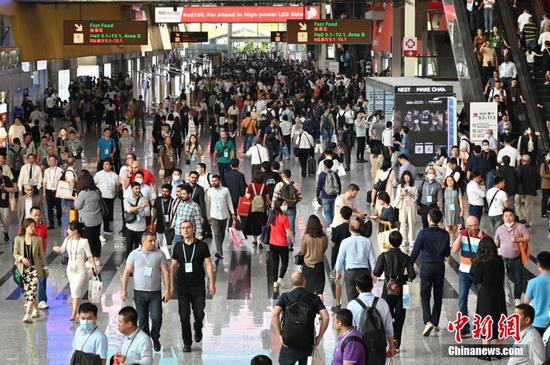
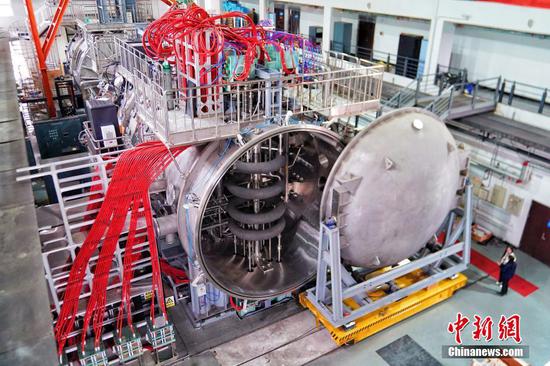









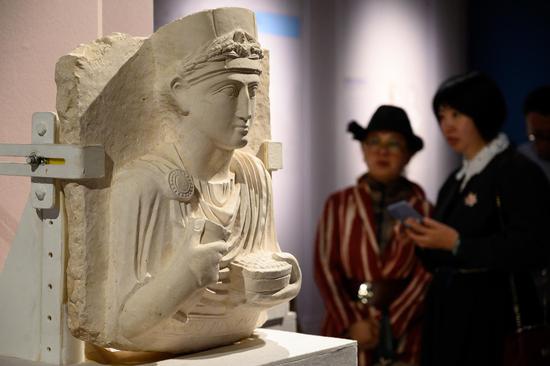



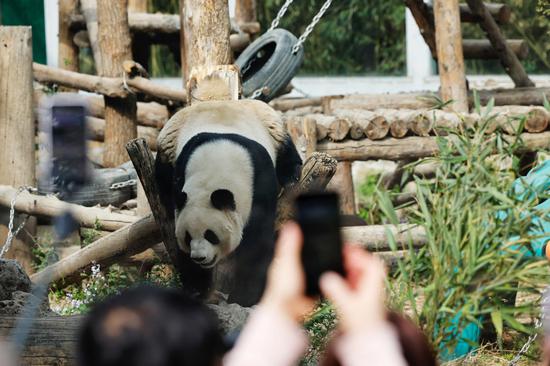
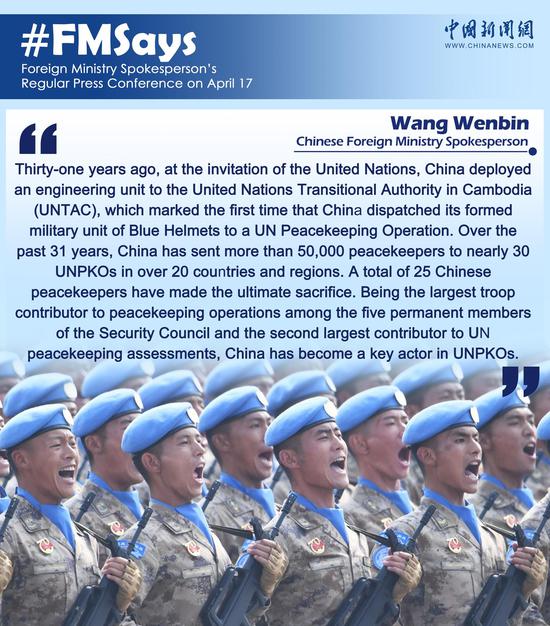

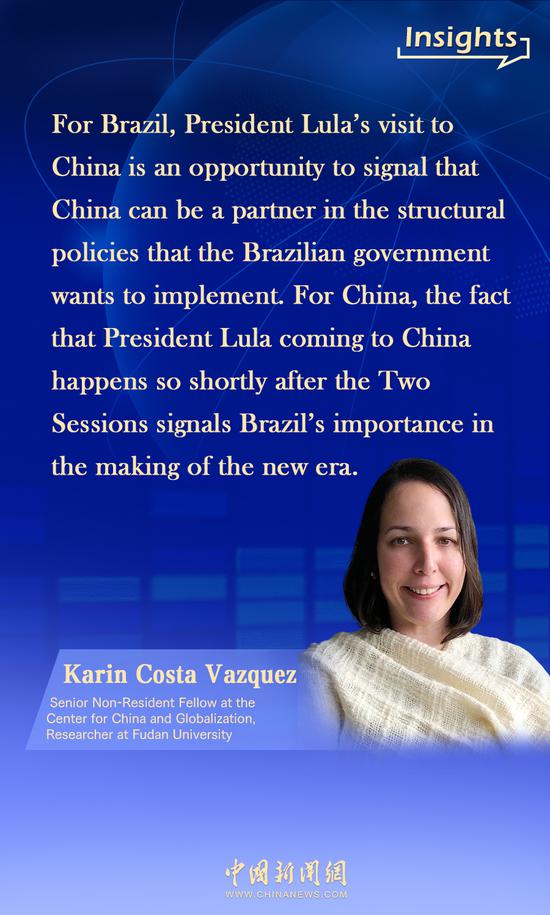

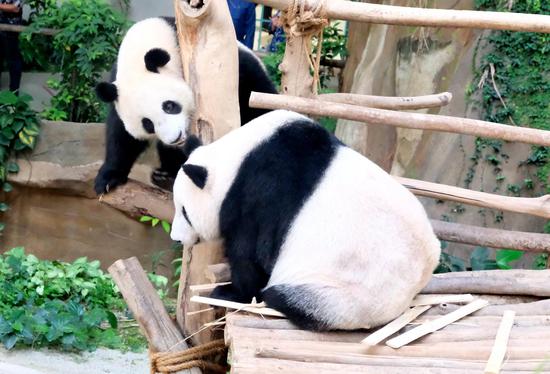

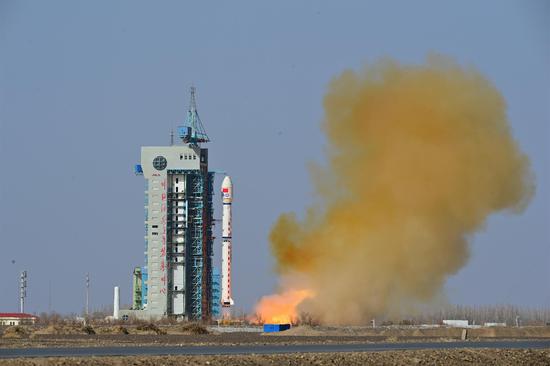





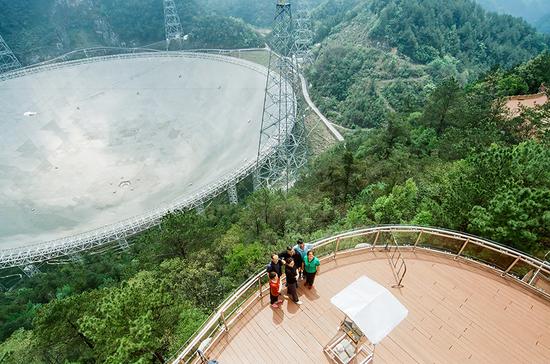







 京公网安备 11010202009201号
京公网安备 11010202009201号